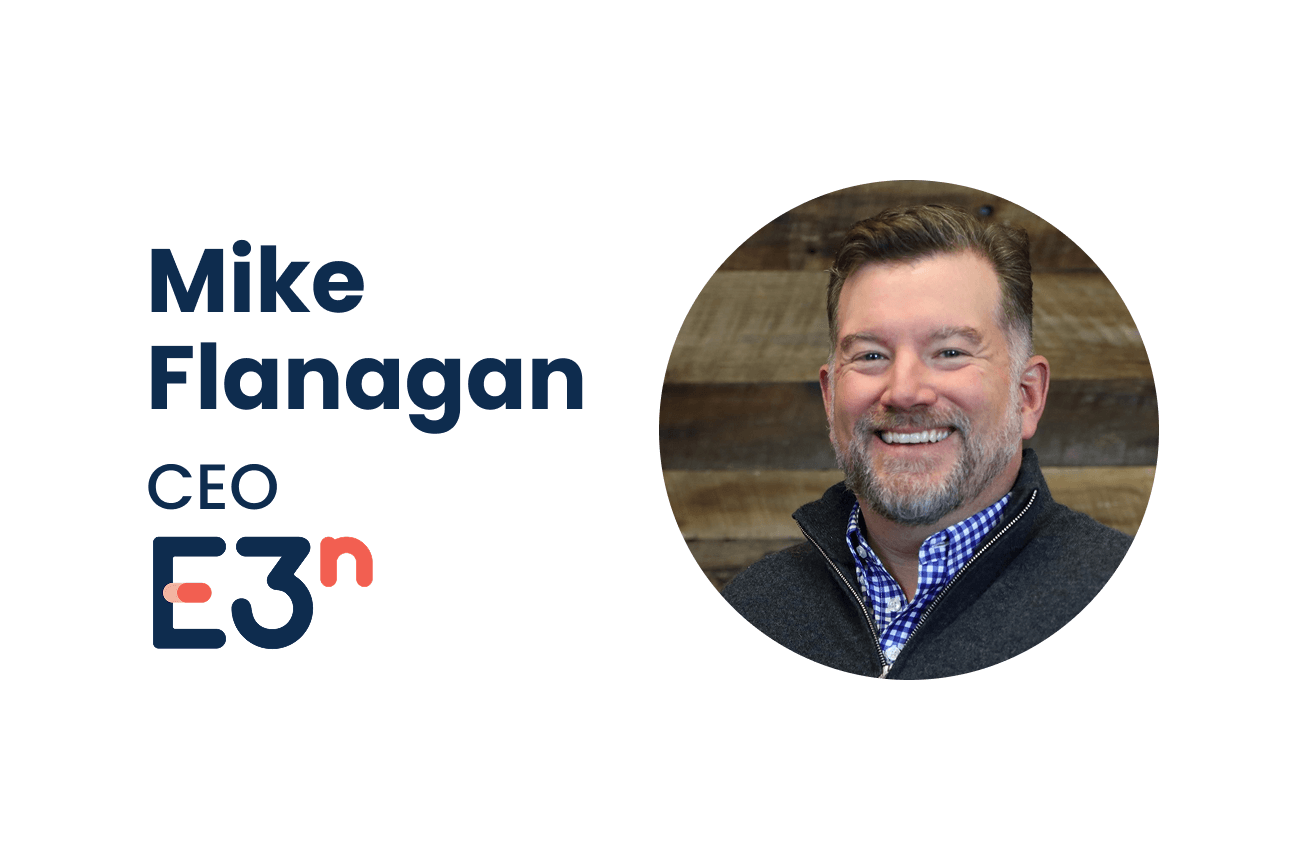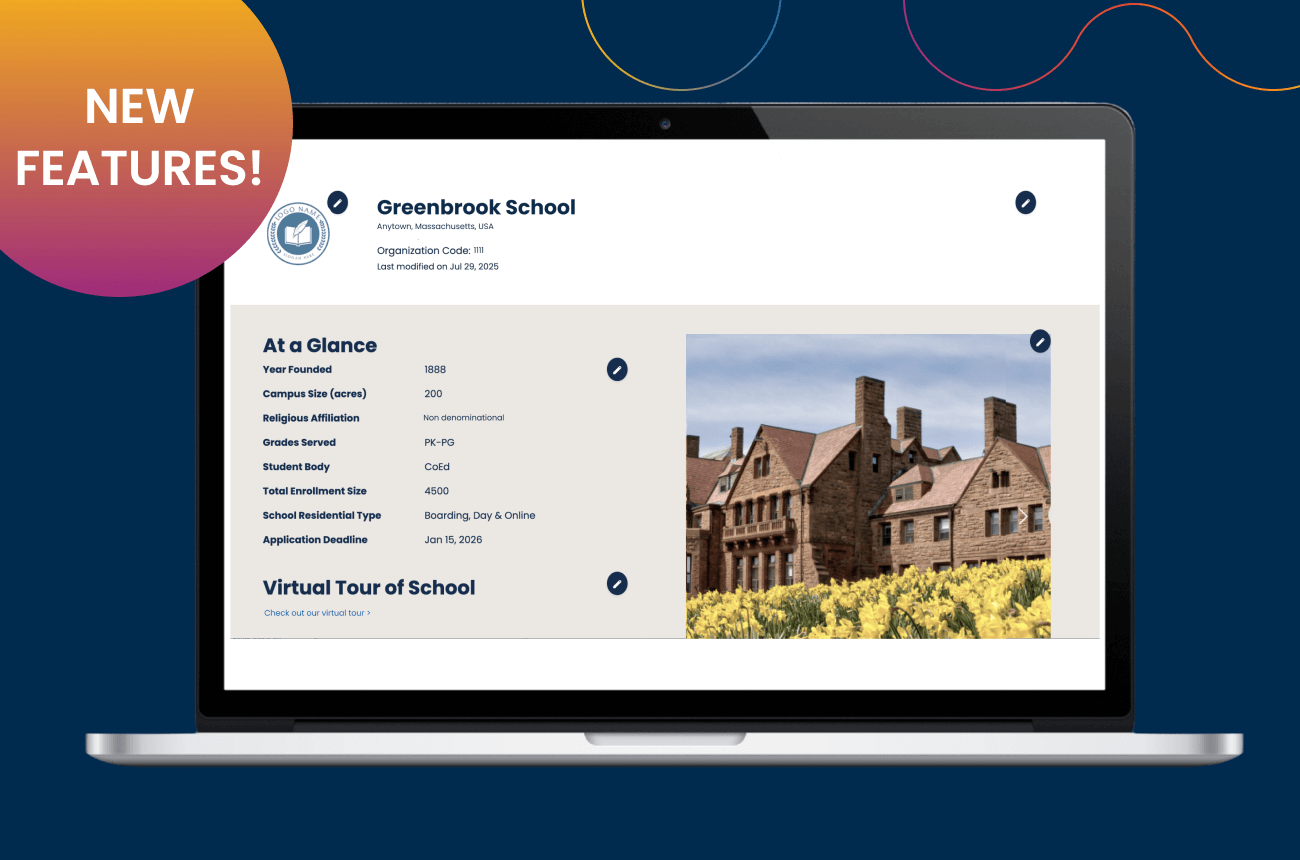Be a part of the change

Shinseki’s change quote is my current favorite, and when I read about Baumol’s cost disease recently, the quote started rattling around in my brain. Baumol’s disease is a phenomenon that affects service industries, like education. It refers to the tendency for expenses in service organizations to rise even though outputs generally remain the same. By contrast, the manufacturing industry can implement a technological innovation which can improve efficiency, increase output, and allows for salaries to rise without causing budget tension.
I worry about Baumol’s disease in our independent school world, even in light of recent trends that have seen schools freeze salaries for teachers, decelerate tuition increases, and limit the financial aid available to students. These seem like short-term solutions. Some schools have taken further steps, by cutting program and laying off teachers. Given the economic times, these measures are often necessary and good. But we need to go further and reinvent how our schools operate fiscally, by assessing what is essential to our programs, adjusting student/teacher ratios, and incorporating online curriculum as a potentially cost effective alternative.
In fact, taking such measures could positively impact what I care about most in my line of work: financial aid. We all like to get raises, use new facilities, and have small class sizes, but we can’t continue to have it all. I have no background in economics, but I know about the economic hardship that many independent school families have experienced during the last few years. Our schools need more financial aid. And that is not going to change. Having students from all socio-economic situations makes our schools more balanced, and stronger. It allows us to admit children that fit the missions of our schools. If we are offering a strong product, it makes society better. It helps change the perception that independent schools are only for the privileged. These are some of our outputs, but it’s hard to affix dollar signs to them.
But the only way we emphasize financial aid appropriately over time is to change our industry’s budget metrics, and find efficiencies in our schools’ operating expenses. We admission and financial aid people have to push the agenda. We understand the need, and we embrace the notion that our students are the most important part of our schools. We need to understand budgeting: not just financial aid budgeting, but school operating budgeting in general. We have to help find the solutions for our schools, by adjusting expenses and freeing up more funds for our students who need it. And the changed metrics aren’t going to be easy to digest. These are hard decisions which can affect programming, number of FTE’s, maintenance of facilities or maybe even the size of your school. These changes can’t just be quick fixes. They need to be thoughtfully sustainable and should be considered new ways of doing business. These are the kinds of efficiencies that could cure our propensity to suffer from Baumol’s disease.
Get involved with your school’s finance committee. Understand the budget. Tell the stories of your families to these committees. Most importantly, put yourself in a position to make recommendations to your finance committee that can free up scholarship dollars by controlling or curbing expenses in other areas. Be part of the discussion and help redefine independent education so we can continue to enroll kids who will be good fits for our schools. As uncomfortable as some of the solutions may be, it will make our schools better over the long haul.




